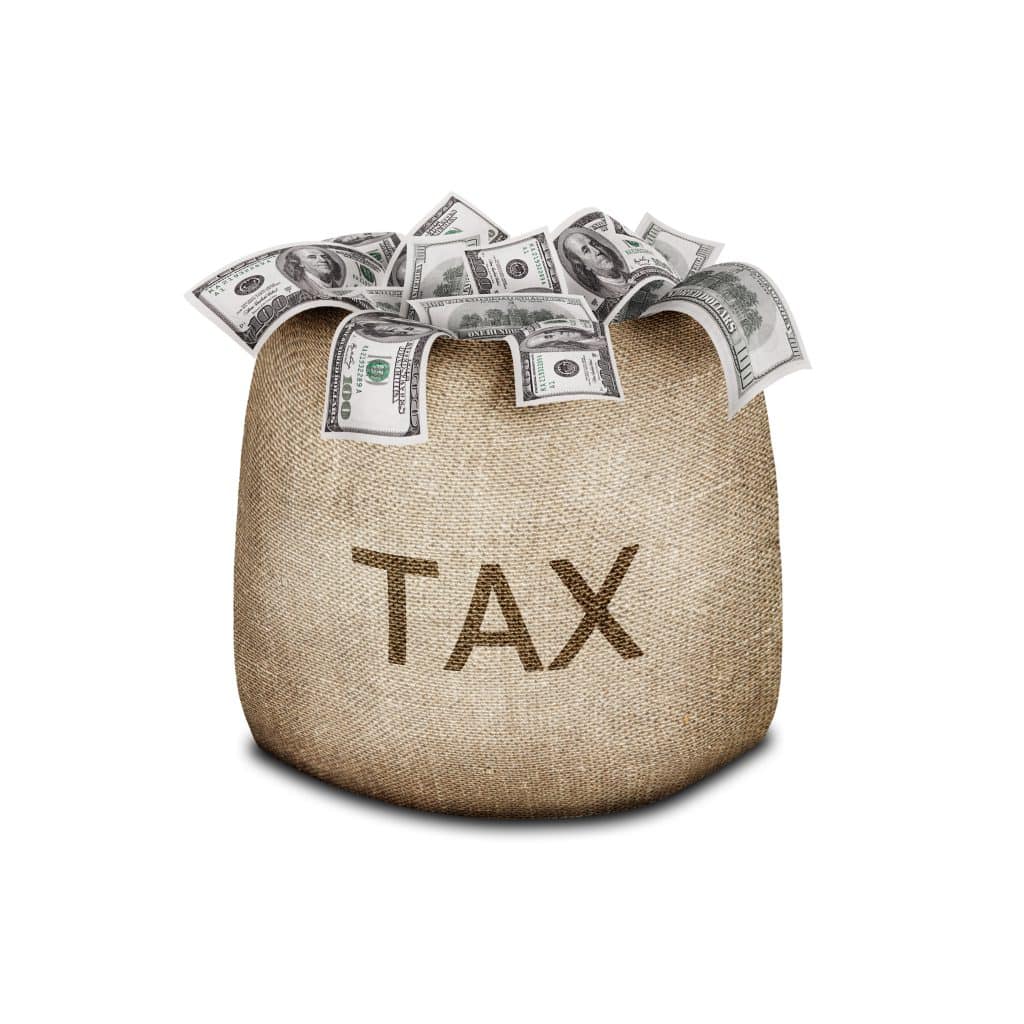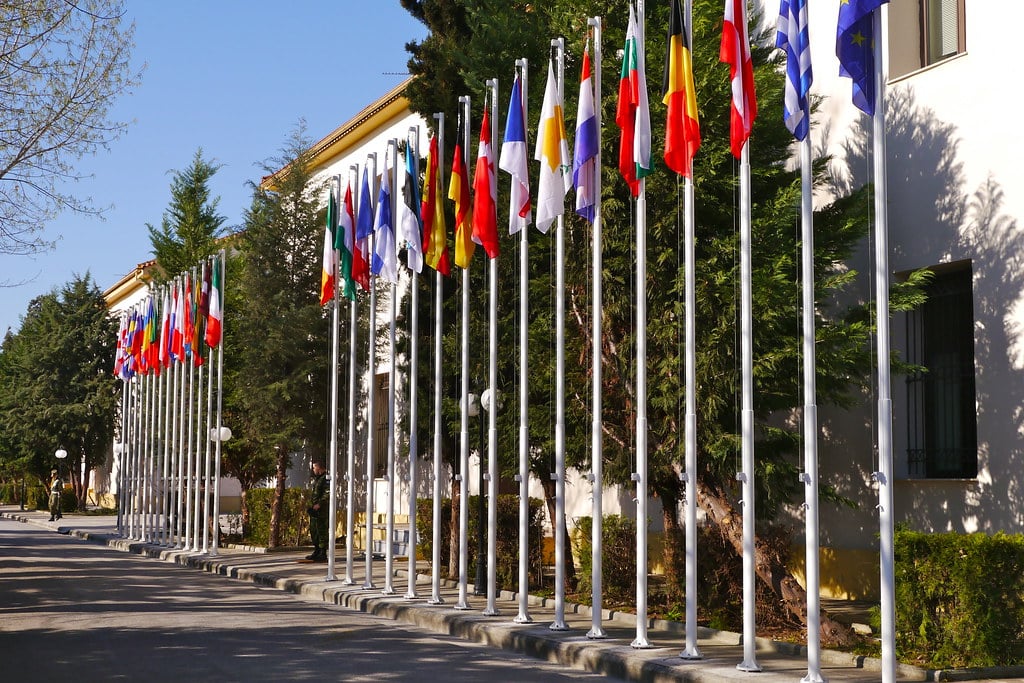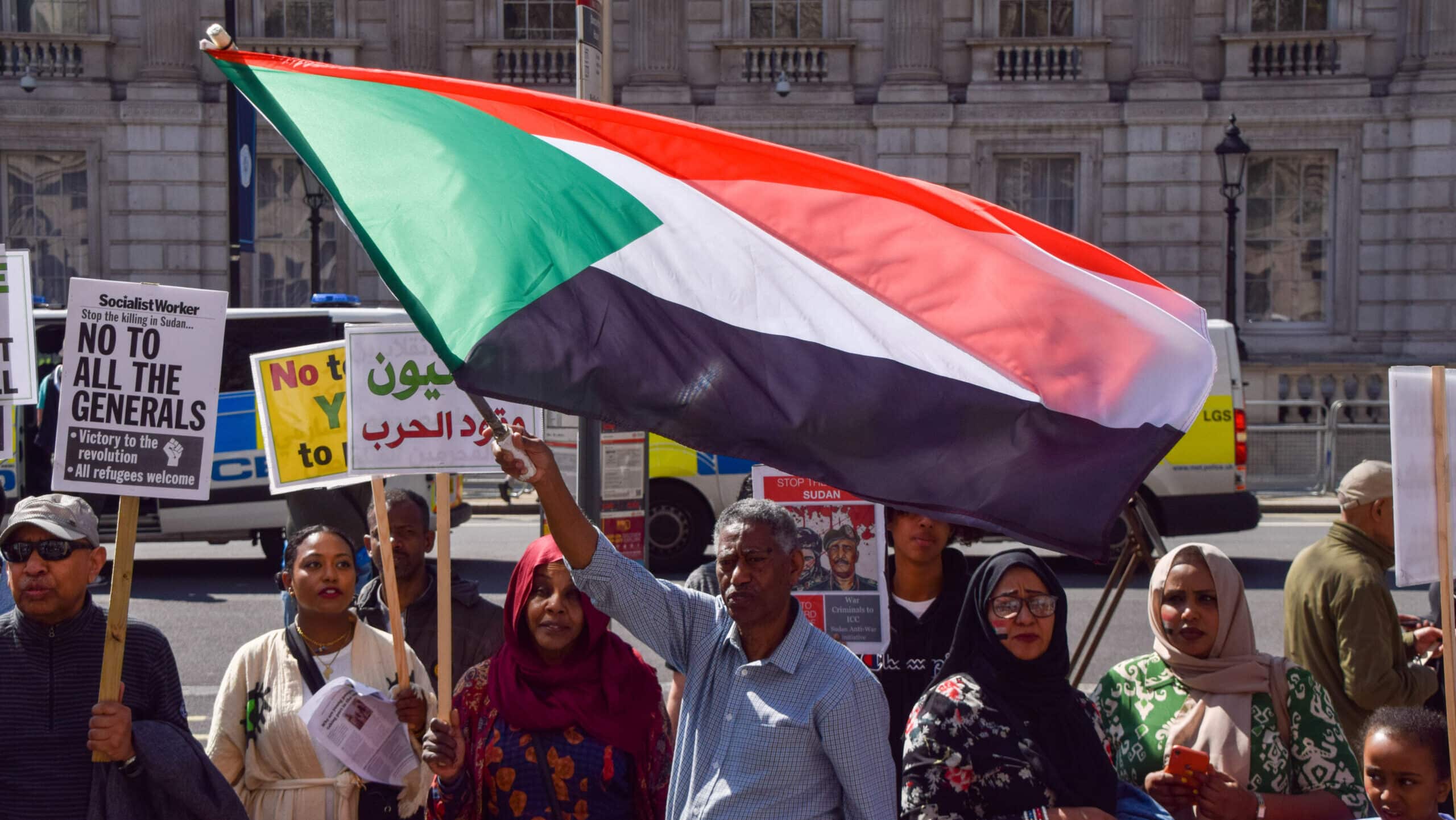Developing countries lose €1.8 billion a year because of Dutch tax policy. That is the conclusion of the just-released research report of ActionAid. Seven years ago, the tally stood at 460 million euros a year. How can it be that the Netherlands remains a tax haven, and more importantly, what are the consequences for the already shaky Dutch development policy?
Netherlands the world's fourth tax haven
"A tax haven" is how President Obama called the Netherlands in 2009 and seemingly little has changed since then. According to the Tax Justice Network (TJN) ranks the Netherlands fourth in the list of largest tax havens, after the British Virgin Islands, Bermuda and the Cayman Islands. The biggest driver of this world-famous nickname of tax haven are the widely known Dutch letterbox firms.
According to ActionAid's newly released report, these letterbox firms are increasingly being used in two ways. First, the Netherlands is known as a transit country: multinationals use the extensive Dutch network of tax treaties to funnel financial flows through the Netherlands to other tax havens. These financial flows of corporate profits in developing countries have quadrupled since 2013. Second, foreign investments in developing countries are made on a large scale through Dutch letterbox firms. These investments, often in the form of foreign direct investment, have doubled in the past seven years.
Impact on developing countries
The main consequence for developing countries is the loss of €1.8 billion that could otherwise have been invested in essential public sectors such as education and health. An additional painful conclusion that has been drawn for years, and now again by ActionAid, is that vulnerable groups like women and girls bear the brunt of not having access to education and health care. This prevents developing countries from focusing on the sectors that matter with dire consequences for economic development.
In perspective
In stark contrast to the €1.8 billion missed is the Dutch aid to developing countries to combat COVID-19: a well-numbered €250 million. The cabinet had arrived at this amount, after weeks of internal debate, after the Advisory Council on International Affairs (AIV) urged the government to requested 1 billion in aid. Another disturbing fact is that the missed amount is equivalent to almost 40% of the Netherlands' development cooperation spending of €4.8 billion in the year 2018. Thus, €1.8 billion slips through the fingers of the Netherlands' inconsistent tax policy.
This really can't happen now
ActionAid's report once again pushes our nose to the painful facts. Despite various attempts by the Dutch government to limit the negative fiscal impact on developing countries, the impact has almost quadrupled. For too long, international development policy has been based on contradictions. It can no longer be explained that the Netherlands on the one hand gives billions in aid to developing countries, while the same developing countries miss out on billions in taxes because of Dutch actions. Yet far too little attention is paid to this in the current discussion around taxes.
In the recently published final report of the Advisory Committee on Multinational Taxation, the word "tax haven" is mentioned only once, while the word "establishment climate" appears 96 times. In the subsequent roundtable discussion, the legitimate question of how much tax other countries miss out on was quickly brushed off the table which again made the current political position painfully clear.
Therefore, it is high time for the Netherlands to revisit its priorities on tax policy and commit to fairer tax relations with developing countries, as well as to substantially revise its own tax policy. Only then will developing countries have a chance to get rid of their dependence on Dutch aid and focus on fundamental economic development.
By: Jurrian Veldhuizen
Photo: Flickr





